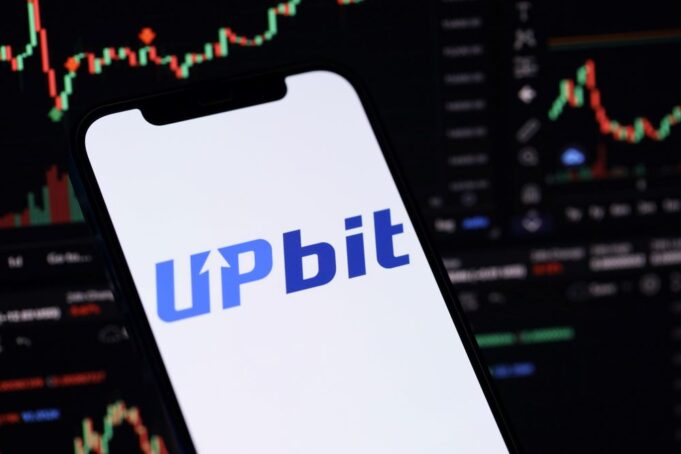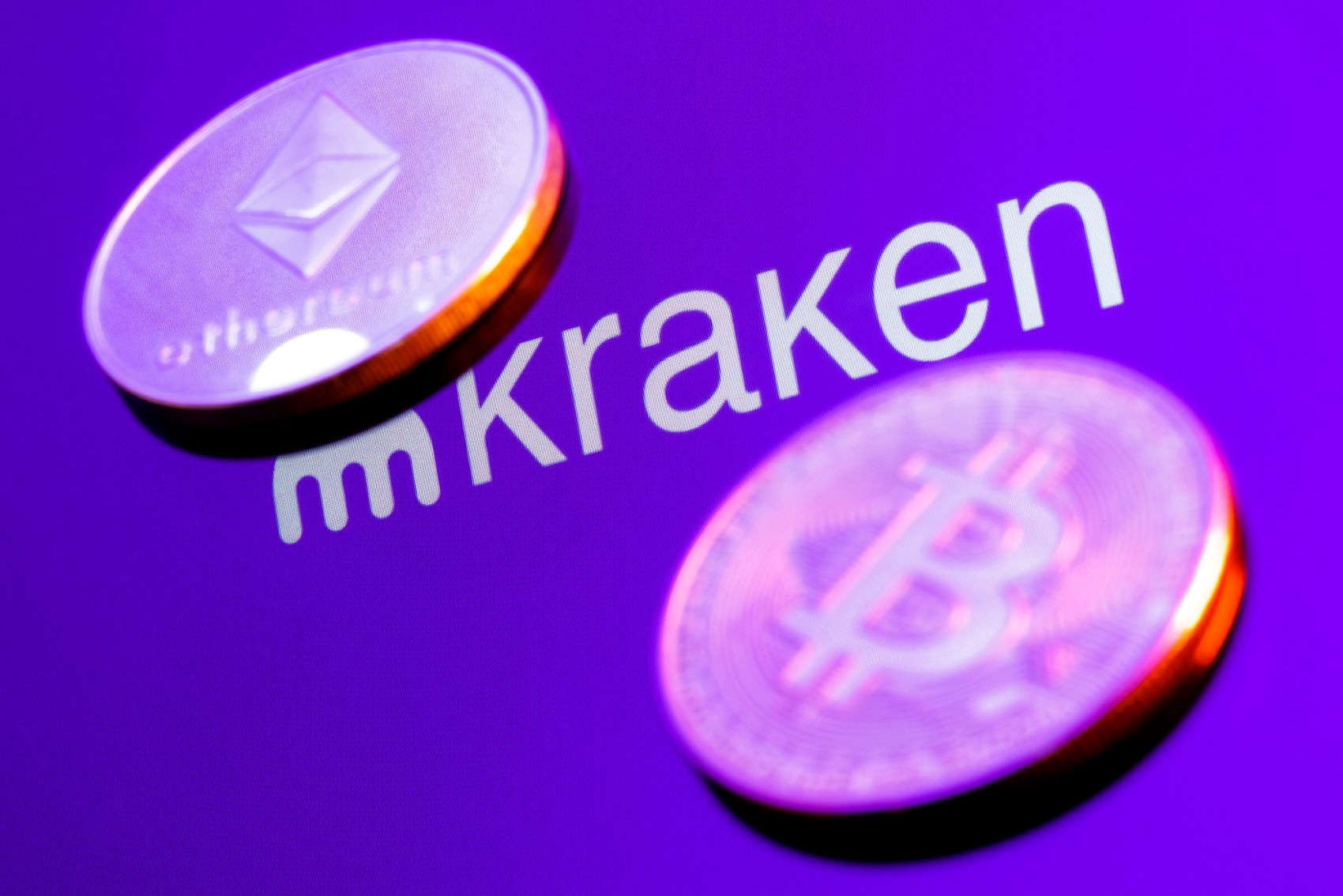South Korea’s largest cryptocurrency exchange, Upbit, is under intense scrutiny from the Financial Intelligence Unit (FIU). The investigation follows allegations of widespread non-compliance with Know Your Customer (KYC) and Anti-Money Laundering (AML) regulations. With over 700,000 violations recorded, regulators have warned that Upbit could face a six-month suspension, a move that could significantly impact South Korea’s crypto ecosystem.
FIU’s Case Against Upbit
The FIU, South Korea’s key financial watchdog, has accused Upbit of failing to properly enforce KYC procedures. They allowed many accounts to operate without adequate identity verification. This lapse has raised concerns over potential illicit financial activities, including money laundering and fraud, prompting the regulator to take decisive action.
According to reports, the FIU is considering suspending Upbit’s operations, potentially barring the exchange from onboarding new customers for up to six months. While existing users would still have access to their accounts, such a penalty could undermine Upbit’s market position and shake investor confidence in the broader crypto industry.
Market Dominance and Competitive Concerns
Upbit’s regulatory troubles extend beyond compliance failures. The Financial Services Commission (FSC) has also launched an investigation into the exchange’s dominant market position. It reportedly controls a substantial share of South Korea’s cryptocurrency trading activity. Additionally, concerns have emerged regarding Upbit’s close ties with K Bank. The banking partner provides fiat on-ramp services for the exchange.
The FSC aims to assess whether Upbit’s market influence stifles competition, potentially leading to unfair advantages over other trading platforms. If regulators determine that Upbit’s business practices create monopolistic conditions, further regulatory measures could follow, reshaping South Korea’s crypto market dynamics.
Potential Impact on South Korea’s Crypto Landscape
The looming Upbit suspension poses a critical threat to the country’s crypto trading ecosystem. As the dominant exchange in South Korea, Upbit’s disruption could lead to liquidity constraints, price volatility, and a shift in trading activity to alternative platforms. Smaller exchanges may experience an influx of new users, but concerns over regulatory crackdowns could dampen overall investor sentiment.
The case against Upbit underscores South Korea’s increasing regulatory focus on cryptocurrency exchanges, signaling stricter enforcement of KYC and AML standards. As authorities seek to strengthen oversight, other crypto platforms operating in the region may face heightened compliance requirements to avoid similar repercussions.
>>> Read more: North Korea Crypto Hackers Undermine the Crypto Ecosystem
Upbit’s regulatory challenges highlight the growing tensions between digital asset exchanges and financial regulators. The FIU’s allegations, combined with the FSC’s scrutiny over market dominance, illustrate the broader concerns surrounding compliance and fair competition in South Korea’s crypto industry. Whether Upbit can navigate these challenges and maintain its leading position remains uncertain. The outcome of this case, however, could set a precedent for the country’s digital asset regulatory framework moving forward.
Readers’ frequently asked questions
What exactly is KYC, and why is it important for cryptocurrency exchanges like Upbit?
KYC, or Know Your Customer, is a regulatory requirement that ensures financial institutions verify the identities of their users. This process typically involves submitting personal identification documents, such as passports or driver’s licenses. Users must confirm a user’s identity before they can trade or withdraw funds. KYC is crucial for preventing illicit activities like money laundering, fraud, and terrorist financing. In the case of Upbit, regulators found over 700,000 instances where the exchange allegedly failed to properly verify customer identities. Consequently, unverified users were able to conduct transactions without sufficient oversight. The Financial Intelligence Unit (FIU) is taking action because non-compliance with KYC rules creates risks for the entire financial system.
How does an Upbit suspension affect regular cryptocurrency traders in South Korea?
If Upbit is suspended for six months as regulators have warned, it will not shut down completely but will be unable to onboard new users during that period. Existing traders may still use their accounts, meaning they could buy, sell, and withdraw assets. However, the suspension could have broader implications, considering Upbit is South Korea’s largest exchange. Any regulatory action against it could cause temporary market uncertainty. This might lead to price fluctuations and liquidity concerns. It could also cause higher trading fees on alternative platforms as users seek other options. Smaller exchanges might see an increase in users, but they, too, could come under greater regulatory scrutiny in response to the Upbit case.
Why is Upbit’s relationship with K Bank being investigated, and what does it mean for competition?
Upbit has a banking partnership with K Bank, allowing users to deposit and withdraw South Korean won (KRW) from their exchange accounts. This relationship has raised concerns over Upbit’s dominant market share in South Korea’s cryptocurrency industry. Its exclusive partnership with K Bank may give it an unfair advantage over competitors. Other exchanges may struggle to secure similar banking services, making it harder for them to compete. The Financial Services Commission (FSC) is investigating whether this relationship creates a monopolistic environment limiting fair competition in the market. If regulators find Upbit’s partnership giving it an excessive competitive edge, they might introduce new rules requiring banks to provide services to multiple exchanges rather than favoring one dominant player.
What Is In It For You? Action Items You Might Want to Consider
Review Your Exchange Options and Stay Informed
If you’re currently trading on Upbit, watch closely for regulatory updates and potential enforcement actions. A six-month suspension would prevent new users from joining but wouldn’t affect existing accounts. Yet, it’s wise to have alternative exchanges ready. Consider researching and setting up accounts on other compliant platforms in case you need to pivot quickly.
Ensure Your Own KYC Compliance
Given the crackdown on Upbit, regulators may increase scrutiny on all crypto users in South Korea. Double-check that your own KYC verification is up to date on any exchange you use. If you’ve been trading under incomplete verification, now is the time to get your documents to avoid unexpected disruptions.
Monitor Market Liquidity and Potential Price Movements
If Upbit faces restrictions, liquidity across South Korea’s crypto market could shift. Price spreads might widen, and alternative exchanges may experience sudden volume spikes. Keep an eye on order books, withdrawal speeds, and arbitrage opportunities, especially if traders start moving funds to smaller platforms. Being proactive could help you navigate volatility and spot trading opportunities.











[…] >>> Read more: Upbit Suspension Looms Over 700K KYC Violations […]
[…] Dunamu’s financial performance has reinforced the strategic logic behind the merger. The company posted $165 million in Q3 profit, marking 300% year-over-year growth. Upbit remains the dominant exchange in Korea by trading volume and user activity. Dunamu maintains a strong revenue base as the industry prepares for more stringent licensing under the country’s emerging regulatory framework. […]